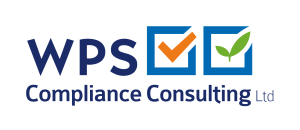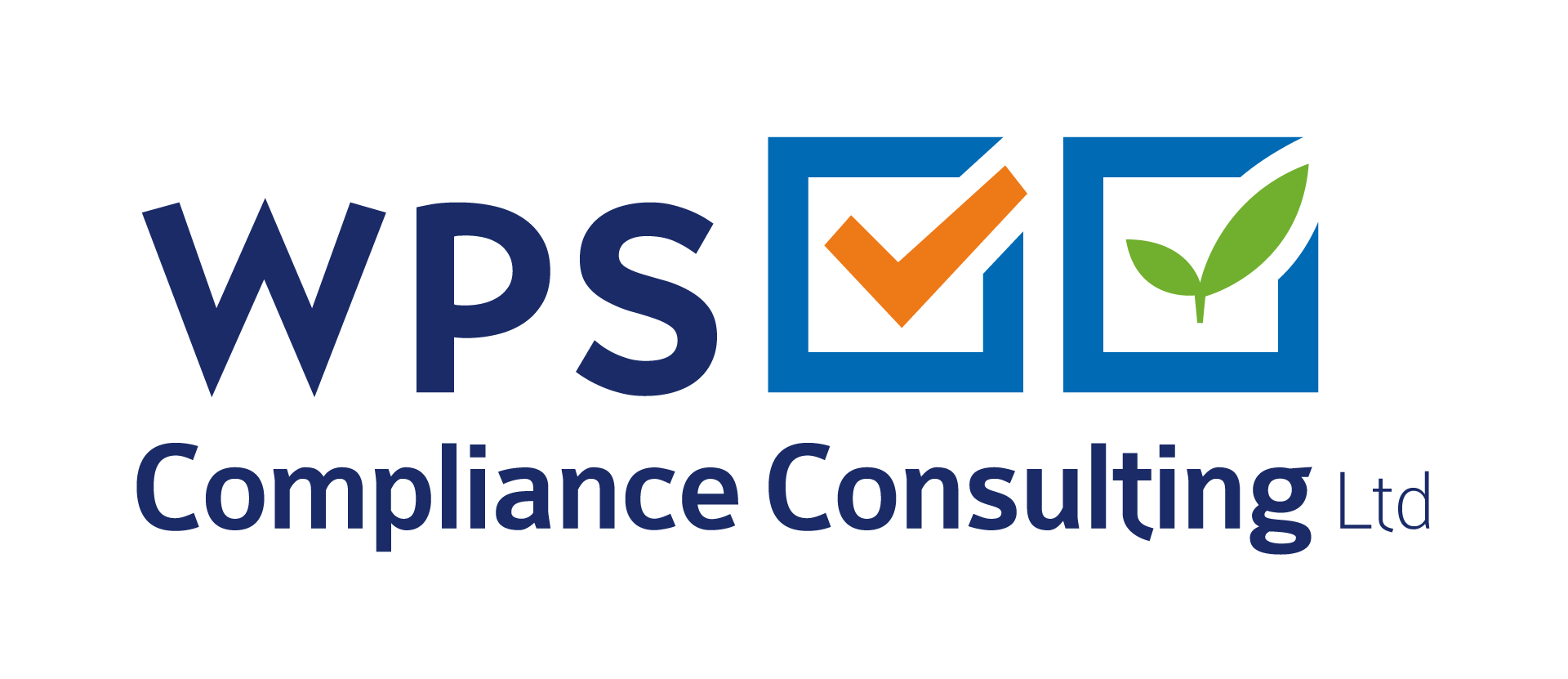Operational Waste Audits (OWAs) (BREEAM Wst03)
All organisations and residences produce waste. From household and business waste to food scraps, there is no escaping it. But by understanding what waste is produced and where, you will be better equipped to handle and reduce waste, saving you money and helping your development become more sustainable. That’s where an Operational Waste Audit can help. Our OWA service can help you meet BREEAM Wst03 Operational Waste Standard and achieve the Wst03 credit.
What Are Operational Waste Audits?
Simply put, they are an assessment of the expected types and volumes arising from a development. They are important tools in helping Local Authorities identify the waste collection requirements of new developments and assess the impact on existing waste management services.
An OWA is a systematic review of all waste that is generated within a commercial or residential setting. It gives occupants a clear idea of what they are throwing out, how much, and what common contaminants people are producing. It helps determine how effective a waste management system already is and identify areas for implementing new strategies.
Using data from DEFRA and the BRE, OWAs can be used to:
> Predict the types and volume of waste expected to be produced.
> Identify cost effective means of storage and recycling on site.
> Identify local Waste Contractors.
> Inform the design of waste storage locations within the development.
Why Are OWAs Needed?
Local Authorities can also use OWAs to inform decisions around waste management and ensure that sufficient bins are provided to occupants and that waste collections are adequately provided.
They are also a key requirement within Circular Economy Statements in accordance with the 2022 London Plan:
An operational waste management (OWM) plan should be submitted in the written report/appendix to CE statements to demonstrate that the proposed development will: achieve the relevant targets (depending on the operational activity) set out in London Plan Policy SI 7; 30 and include shared, adequate, flexible, and easily accessible storage space and collection systems, as required by London Plan policies D3, SI 7 and D6. Applicants should also note that both the 65 per cent municipal waste recycling target by 2030 (as required in London Plan Policy SI 7 and London Environment Strategy Policy 7.2.2) and 75 per cent minimum target for business waste recycling by 2030 (as required by London Environment Strategy Policy 7.2.2) may apply depending on the nature of the operations of the building. [1]
[1] London Plan Guidance: Circular Economy Statements 2022
How Can WPSCC Help?
At WPSCC we are experts in waste. Our OWAs are produced using data from DEFRA and the BRE and comply with the BRE’s standard for Wst 03 (operational waste) credits. We also work to the UK Government’s Waste Duty of Care Code of Practice (2018) and the Waste Hierarchy defined within to maximise the opportunities for recycling of wastes from developments.
We have an extensive history of producing OWAs for projects around the UK, so are well equipped to meet your needs. Don’t hesitate to get in touch today.

> Our goal is to help you to achieve your goals with our flexibility of service offerings and delivery
> We will do our job without hindering you from doing yours’
> WPSCC has the privilege of consistently working with many exciting clients and will continue to develop and diversify to ensure its ever changing client needs are satisfied to the highest standards possible

